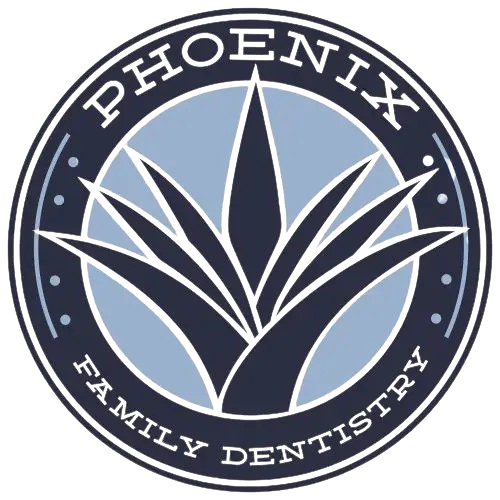Preventing Oral Cancer
Oral cancer refers to cancer that develops in any part of the mouth or oral cavity, including the lips, tongue, gums, cheeks, floor of the mouth, hard and soft palate, and throat. It can also affect the oropharynx, which is the area at the back of the throat. Read on to find out what you can do to prevent or reduce your risk of developing oral cancer.
Oral cancer usually begins as a small, painless lesion or sore in the mouth that doesn't heal within a few weeks. As it progresses, it may cause symptoms such as:
- Persistent mouth sores or ulcers that don't heal.
- Red or white patches on the lining of the mouth or tongue.
- Swelling, lumps, or thickening of the lips, gums, or other areas of the mouth.
- Difficulty chewing, swallowing, or moving the jaw or tongue.
- Chronic sore throat or hoarseness.
- Numbness or pain in the mouth or lips.
- Unexplained weight loss.
How to prevent oral cancer
Men are known to face twice the risk of developing oral cancer compared to women. Men who are over 50 years old face the greatest risk. It is estimated that about 50,000 people receive a diagnosis of oral cancer in the U.S. every year. A number of factors increase people’s chances of developing oral cancers. Here are some common factors. Call us to learn more.
Risk factors for oral cancer
Tobacco use of any kind, including cigarettes, pipes, cigars, chewing tobacco and snuff, increases the risk of developing oral cancer. Cigarette, cigar and pipe smokers are more likely than nonsmokers to develop oral cancers. Using snuff, dip or chewing tobacco products increases people’s risk of developing cancers of the gums, cheek and lining of the lips. Oral cancers are more common in drinkers than in nondrinkers.
People who smoke and excessive alcohol drinkers who are older than 50 are most at risk. But it is important to know that a large percentage of oral cancers occur in people who do not smoke but only occasionally drink alcohol. Other risk factors include excessive sun exposure, particularly at a young age and a family history of cancer. Oral cancer is also associated with infection by the human papillomavirus (HPV).
Prevention
As per the dentist in 85053, to prevent oral cancer, a person should stop using tobacco. An individual who does not use tobacco, should not start. Using tobacco whether chewed or smoked, is highly discouraged. If a person has to drink, the individual should drink in moderation. Refraining from binge drinking will also be beneficial.
People should limit their exposure to the sun. Repeated exposure can increase the risk of developing cancer on the lip, particularly the lower lip. A person can protect the skin on the lips from the sun by opting to stay in the shade when possible. When in the sun, individuals should use UV-A/B-blocking sun protective lotions on both the skin and lips. Eating a well-balanced diet will also help.
Takeaway
There are several things you can do to reduce your chances of developing oral cancer. These include not smoking or using any tobacco products, drinking alcohol in moderation and limiting your exposure to the sun. Eating a well-balanced diet is also always recommended. It is also important to ensure that you see your dentist in Phoenix, AZ on a regular basis.
This can help you to detect oral cancer early, should it occur. During your next appointment, you should ask your dentist to perform an oral exam. Detecting oral cancer early can increase the chance of successful treatment. If you want to find out more about how to prevent oral cancer, talk to your dentist.
Request an appointment here: https://familydentistphoenix.com or call Phoenix Family Dentistry at (602) 547-9007 for an appointment in our Phoenix office.









0 comments